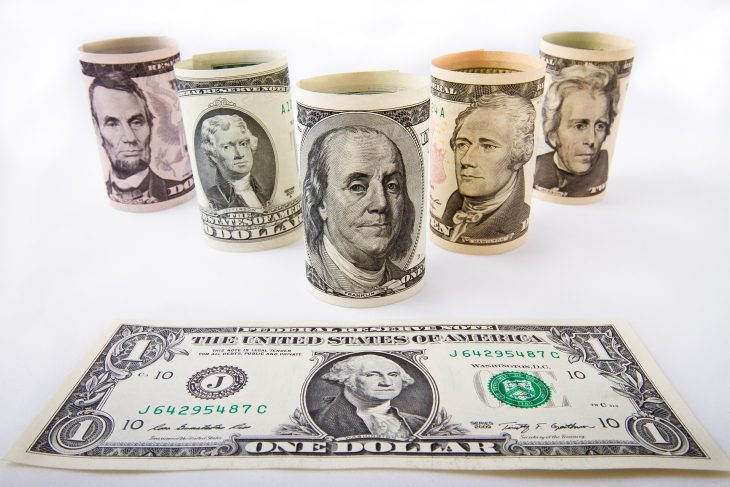As the card and faster payment networks work to convert cash to electronic forms of payment, and as countries such as Sweden look to eradicate cash altogether in their country, efforts are underway to preserve the use of cash as an individual right here in the U.S. As The Washington Post reported, quick-serve and fast casual restaurants are looking for ways to remove dollar bills and coins from their operations. It slows service and creates and invitation for theft by employees and would be robbers. But for those without formal banking services, cash is the only currency form factor they have:
The global cashless movement has reached Washington, where a growing number of fast-casual establishments and other spots are saying no to greenbacks in favor of plastic and mobile payments. Sweetgreen, the national salad chain founded by Georgetown University graduates, went cashless in most of its locations last year. Other cashless spots include a Menchie’s frozen-yogurt shop downtown, the posh Barcelona Wine Bar on 14th Street NW and the Bruery beer store at Union Market.
Critics of no-cash policies say they shut out the 1 in 10 District residents who don’t have bank accounts and undocumented immigrants who can’t easily sign up for cards. Some people also pay in cash so they can better track their spending or to avoid having their card information stolen.
Those who like to use cash in Washington DC are going to get some help in the form of legislation that will require businesses to accept cash. Merchants have fought for the right to charge a premium when a customer uses a debit or credit card. Will merchants now look at charging a premium for the option to use cash?
“…..several lawmakers in the District have introduced a bill to require retailers to accept cash.
“By denying the ability to use cash as a payment, businesses are effectively telling lower-income and younger patrons that they are not welcome,” said D.C. Council member David Grosso (I-At Large).”
Similar legislation was unsuccessfully introduced in Chicago last year. Massachusetts has an obscure 1978 pro-cash law on the books, but the state retailers association says it doesn’t seem to be enforced and state officials haven’t offered guidance.
Overview by Sarah Grotta, Director, Debit and Alternative Products Advisory Service at Mercator Advisory Group








